On the morning of October 12, the National Assembly Standing Committee conducted a thematic supervision on the implementation of policies and laws on energy development in the 2016-2021 period.
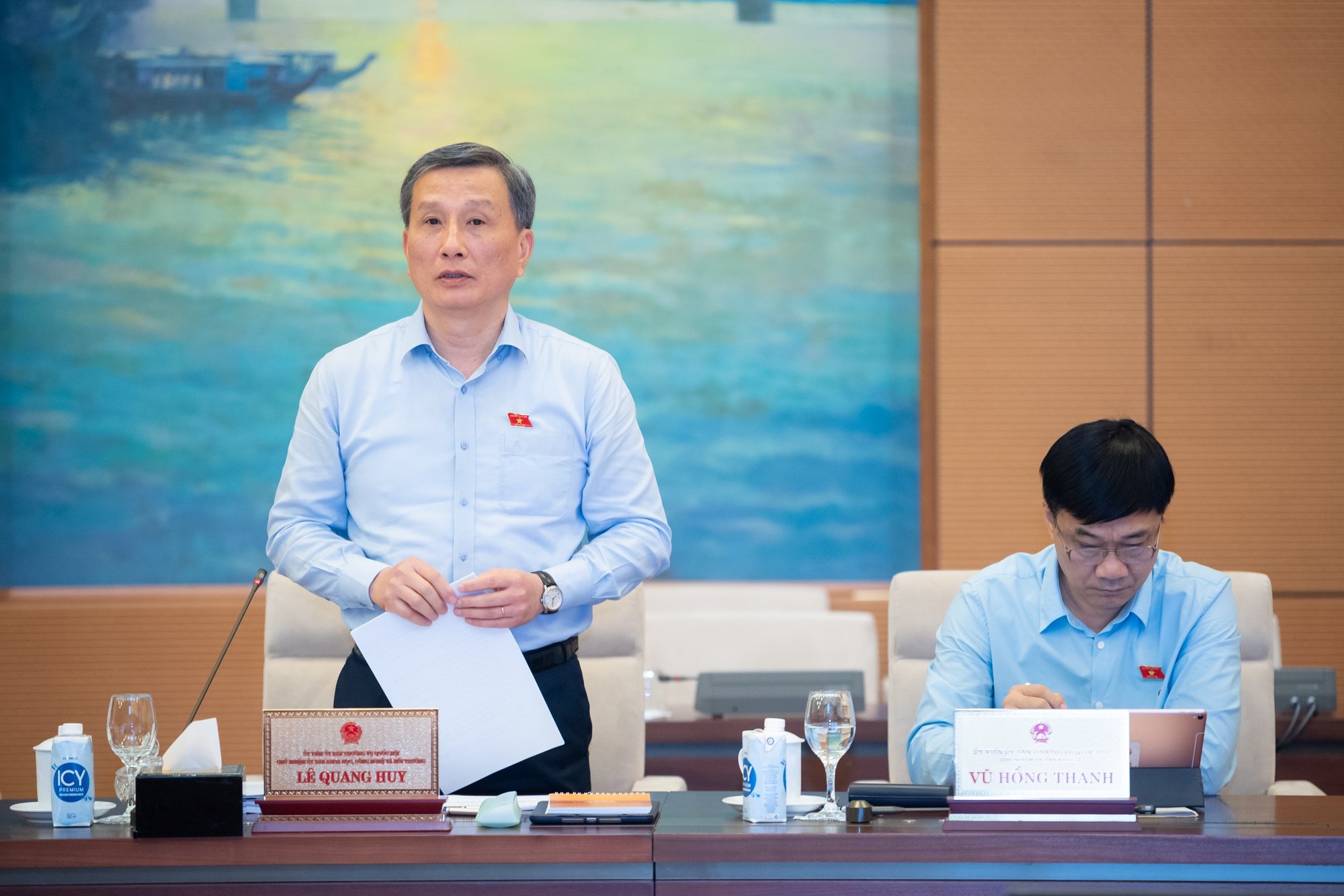
Chairman of the National Assembly's Committee on Science - Technology - Environment Le Quang Huy, Deputy Head of the monitoring delegation, reported the monitoring results.
Reporting on the monitoring results, Chairman of the National Assembly's Committee on Science, Technology and Environment Le Quang Huy assessed that Vietnam's energy sector in the 2016-2021 period achieved many remarkable results. The total electricity output of the entire system increased annually, with each year being higher than the previous year. The power system operated safely and stably.
However, through monitoring, the monitoring delegation of the National Assembly Standing Committee pointed out many shortcomings and limitations in Vietnam's energy development, causing the goal of ensuring national energy security to face many challenges.
"The main indicator for assessing national energy security is changing in an unfavorable direction. The possibility of power shortages in the short term (2024 - 2025), medium term (2025 - 2030) and long term (2030 - 2050) is an existing risk," the monitoring report stated.
Mr. Huy said that domestic supply is not enough to meet demand, leading to increasingly large energy imports. Vietnam's primary energy resources are increasingly depleted as hydropower has been basically fully exploited, and oil and gas production in some large mines is rapidly decreasing.
Inadequacies in energy supply, especially the preparation of primary fuel for annual supply and operation of the power system, along with the imbalance between domestic energy supply and demand, power generation sources between regions, and some power source projects being slow to operate or stopped, etc., have led to a power shortage in the North in early 2023.
According to calculations by the World Bank (WB) in a report published in August, Vietnam lost about 1.4 billion USD due to power shortages, equivalent to about 0.3% of GDP.
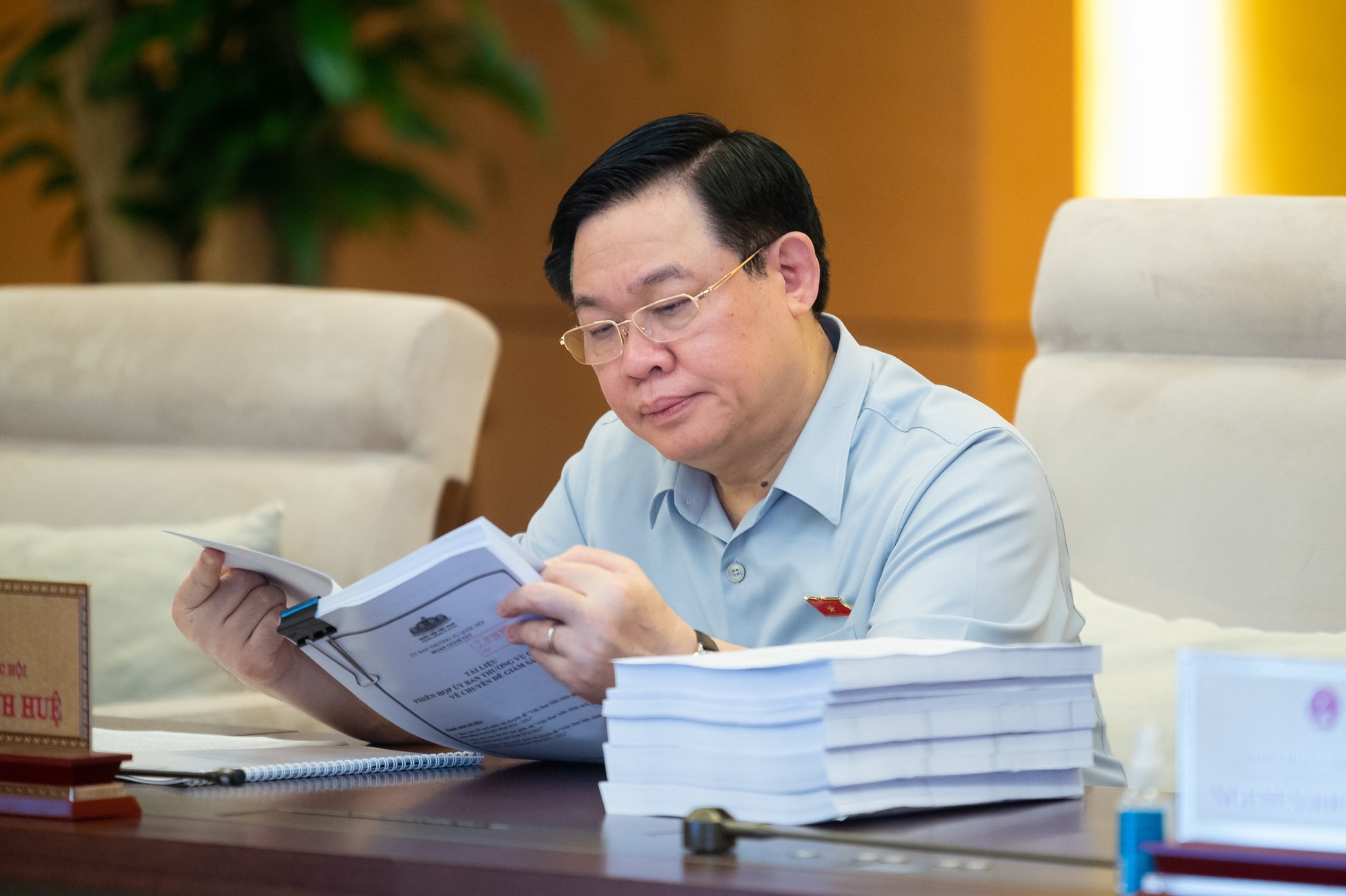
The monitoring results file is quite massive with 10 volumes, a total of about 9,000 pages of documents.
As for petroleum, Vietnam currently only has a commercial petroleum reserve system, no national petroleum reserve of the State, and no national reserve system for coal and natural gas. National reserves of petroleum and petroleum products are only at the planning stage. All three national crude oil reserves in the planning have not been implemented.
Oil reserves are thin, so when the world market fluctuates strongly, affecting the domestic market, the result is a local oil shortage occurring at the end of 2022.
Inadequacies in renewable energy development
Besides, Mr. Huy also said that the implementation of planning for energy sub-sectors is still limited, especially in implementing Power Plan VII and adjusted VII with the development of solar power, wind power and small hydropower.
Citing the conclusion of the Government Inspectorate, the monitoring team's report said that the approval of a total of 168 additional solar power projects (total capacity of 14,707 MW), 123 wind power projects (capacity of 9,047 MW), and the approval of 390 individual small hydropower projects (total capacity of 4,138 MW) to the power development plan at all levels in the 2016-2020 period has affected power generation and transmission to the system.
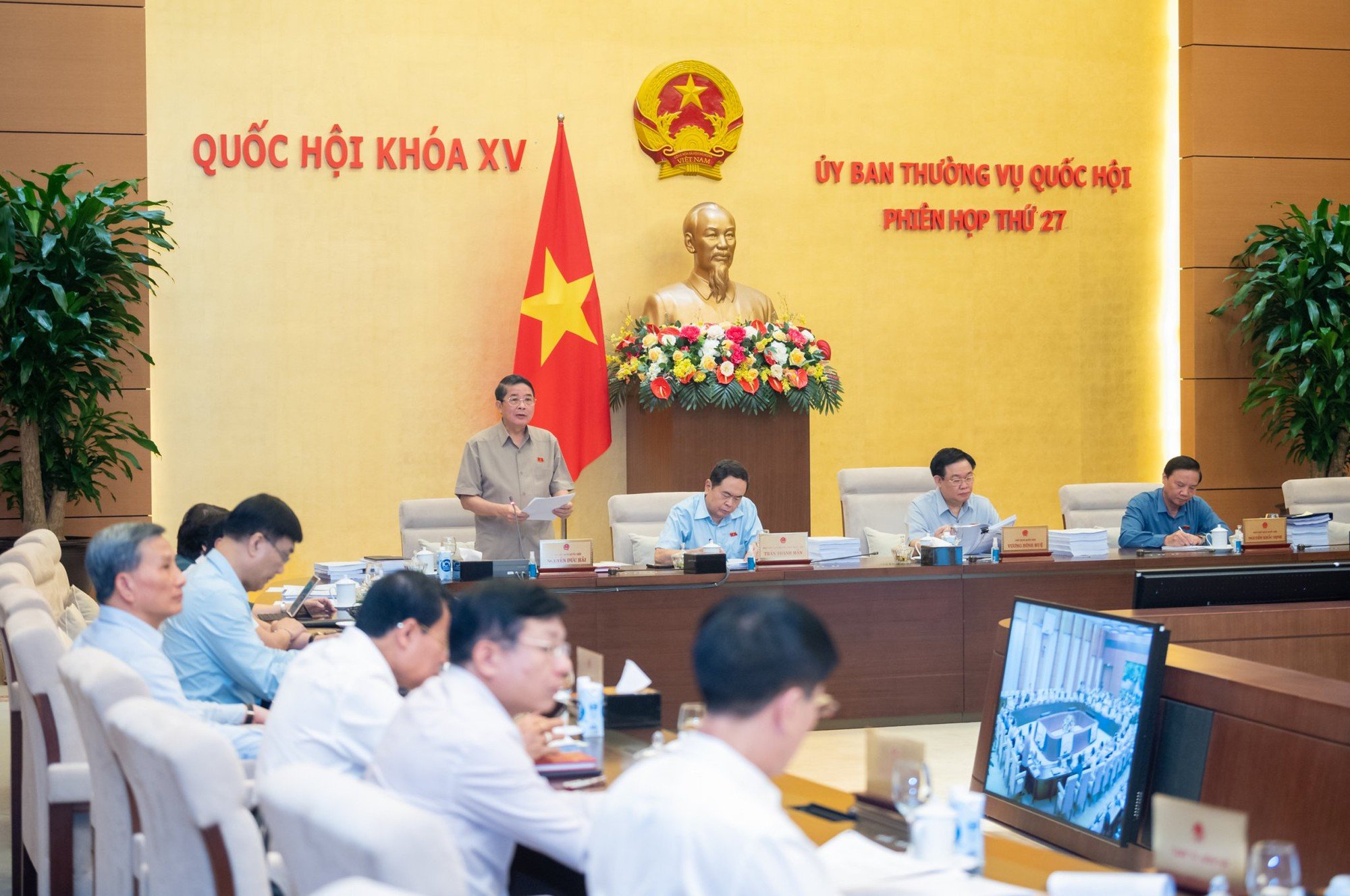
Supervision of energy development in the period 2016 - 2021 is one of two supervision topics in 2023 of the National Assembly Standing Committee.
During the period 2016 - 2021, through inspection, economic violations of 15,170 billion VND, 5,960 m2 of land were discovered, administratively handled 246 organizations, 724 individuals and transferred to the investigation agency for further investigation, consideration and handling of 23 cases.
In addition, investment in power sources and power grids in the 2016-2021 period is not synchronous, and the energy industry's infrastructure still has many shortcomings.
Mr. Huy also said that the electricity price policy still has many unreasonable issues in terms of power generation structure and does not ensure transparency. Electricity prices have been adjusted but have not yet compensated for input costs and ensured reasonable profits for businesses. Meanwhile, the electricity transmission price is too low, not attracting investors to do power grid projects.
In the petroleum sector, the domestic market is still passive, lacking supply and facing difficulties in the management mechanism. Currently, Vietnam has a petroleum import rate of about 20 - 30%. The two domestic petroleum production enterprises meet 70 - 75% of domestic demand, if they stop production due to prolonged maintenance, it will immediately affect the domestic market.
"The domestic petroleum market is passive and lacking in supply, facing difficulties in the price management mechanism," the monitoring team's report stated.
Source link






![[Photo] Prime Minister Pham Minh Chinh chairs conference on anti-smuggling, trade fraud, and counterfeit goods](https://vphoto.vietnam.vn/thumb/1200x675/vietnam/resource/IMAGE/2025/5/14/6cd67667e99e4248b7d4f587fd21e37c)

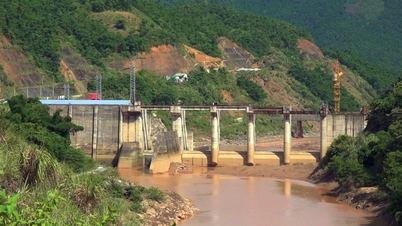



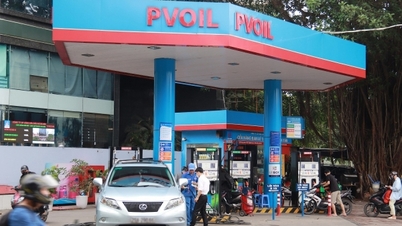


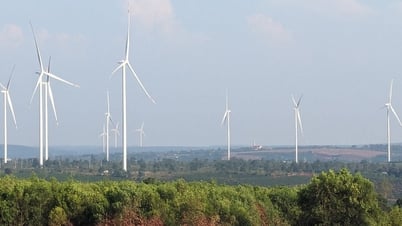

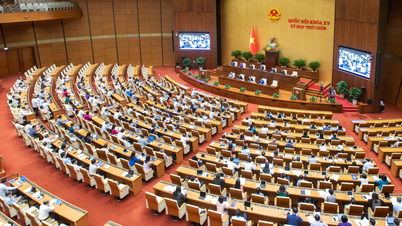




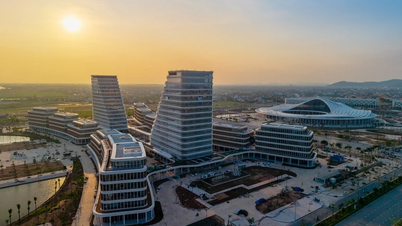




























































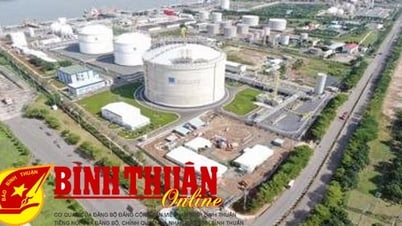












Comment (0)